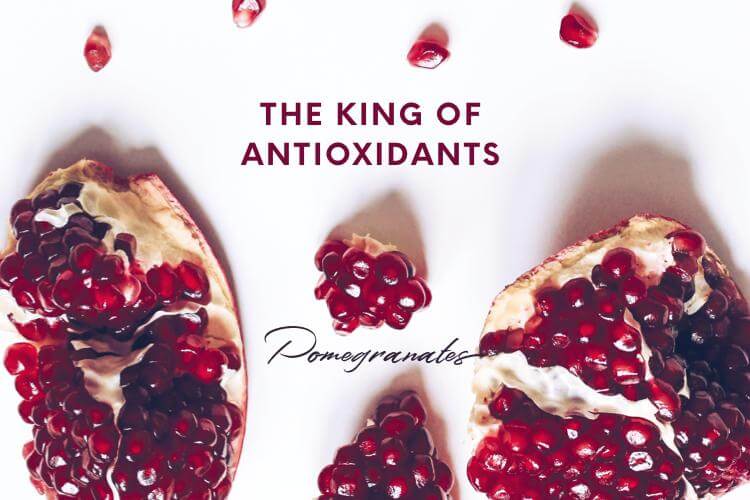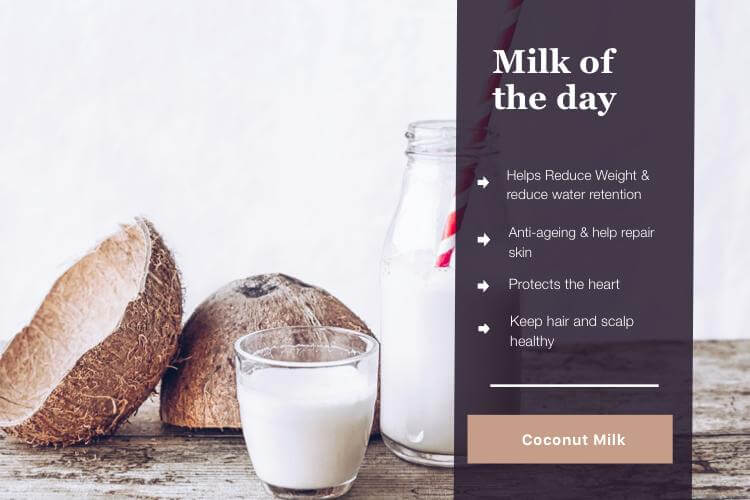
Did you know pomegranate was chosen as the logo for the Millennium Festival of Medicine? Yes it was because of its interesting Greek History, not only that it has a mention in every religion from Buddhism To Zoroastrianism.
Pomegranate is nutrient dense fruit rich in phytochemical compounds, polyphenols, flavonoids, vitamin C and K, Vitamin B9, Potassium and Manganese. All that should convince you to add this fruit to your weekly diet.
Here are some of the health benefits of Pomegranate
If you are convinced and are going to add Pomegranate into your diet as a fruit or as a juice if it's the latter make sure it's sugar free and not made from concentrate.
Can you eat Pomegranate Seeds?
You can some research says they have medicinal values too and these seeds are fibre rich
Is it bad to eat the white stuff inside a Pomegranate?
The rind and the white membranes inside are edible and research has found them to have health benefits but they are quite bitter and most people would refrain from eating them.
Is eating the Pomegranate outer skin safe?
Doctors don’t recommend eating the outer skin of the fruit as the peel contains poison not fit for human consumption.
